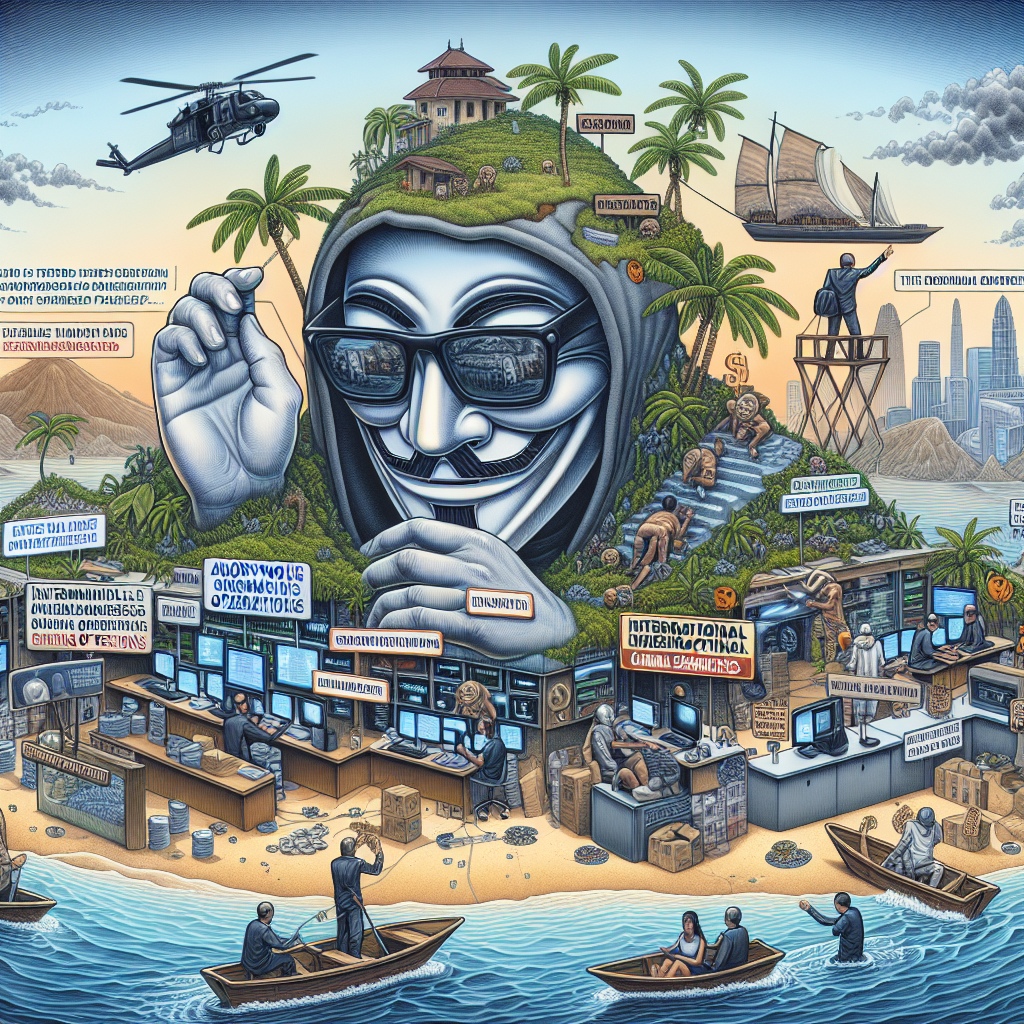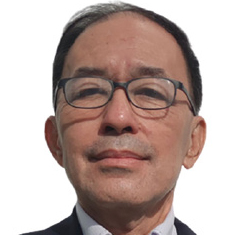By Louis ‘Barok‘ C. Biraogo
In the bustling heart of Manila, an insidious shadow is creeping across the landscape, threatening to undermine the very fabric of Philippine society. The revelation of Merlie Joy Castro, a simple vendor turned BPO worker, as a supposed owner of a shady offshore gaming corporation is merely the tip of a treacherous iceberg. As the Senate’s investigation into Philippine Offshore Gaming Operators (POGOs) unfolds, a chilling narrative of identity theft, human trafficking, and international criminal syndicates emerges, exposing a network that is both deep and deadly.
Globally, identity theft is a pervasive and growing menace. According to the Federal Trade Commission, reports of identity theft have surged, with millions of victims worldwide. In the digital age, where personal information is traded like currency, no one is immune. From data breaches at major corporations to sophisticated phishing schemes, the theft of personal identities has become a lucrative endeavor for criminal enterprises.
The illegal POGO industry in the Philippines has now become a fertile ground for such machinations. The case of Merlie Joy Castro is emblematic of a larger, more sinister pattern. Here is a woman who had never signed any corporate documents, yet finds herself listed as an incorporator of Hongsheng Gaming Technology, a company involved in offshore gaming and nefarious activities. Alongside her are three other unsuspecting Filipinas, market vendors by trade, now entangled in a web of deceit they had no part in weaving.
The exploitation of these ghost owners is a testament to the lax regulatory environment that has allowed POGOs to thrive. The Bureau of Internal Revenue’s revelation that the Tax Identification Number (TIN) used by Hongsheng was non-existent is a glaring example of the regulatory failures that have paved the way for this crisis. The Philippine Amusement and Gaming Corporation (Pagcor), tasked with overseeing POGOs, has been criticized for its inadequate probity checks, allowing fraudulent entities to obtain licenses with ease.
This is not an isolated issue. Across the globe, illegal gaming operations have been linked to a host of criminal activities. In Cambodia, for example, illegal casinos have been implicated in money laundering, human trafficking, and even organ harvesting. In China, the government has launched extensive crackdowns on offshore gambling hubs that siphon billions out of the country, often using illicit means to operate. The Philippines, it seems, has become the latest theater for these shadowy operations.
But why has the identity theft problem become so endemic within the illegal POGO industry in the Philippines? The answer lies in a toxic blend of regulatory complacency, political collusion, and the allure of quick profits. The allure of easy money has drawn unscrupulous actors from both local and international circles, while a lack of political will and oversight has allowed these operations to flourish unchecked. The involvement of foreign fugitives and transnational criminal syndicates only adds another layer of complexity to this already convoluted mess.
There are, however, lessons to be learned from other countries that have faced similar challenges. In the United States, the implementation of stringent anti-money laundering laws and the establishment of specialized task forces have significantly curbed the operations of illegal gambling syndicates. Similarly, Australia’s proactive stance on gambling regulation, including rigorous background checks and continuous monitoring, has helped to maintain the integrity of its gaming industry.
For the Philippines, the path forward is clear but arduous. First, there must be a concerted effort to overhaul the regulatory framework governing POGOs. This includes implementing robust background checks, enforcing stricter licensing requirements, and ensuring continuous oversight. Additionally, the government must foster greater inter-agency collaboration to dismantle the networks that support these illegal operations.
Furthermore, there is a need to address the root causes that make ordinary Filipinos vulnerable to exploitation. Education and public awareness campaigns can empower individuals to protect their identities and recognize potential threats. Strengthening community policing and local governance can also play a crucial role in safeguarding against these criminal enterprises.
As we stand at this critical juncture, the call to action is clear. The Philippines must not only root out the malignant presence of illegal POGOs but also fortify its defenses against the broader scourge of identity theft and organized crime. It is a battle that demands resolve, integrity, and the unwavering commitment of every Filipino.
The suspense now lies in whether the nation will muster the political will to ban POGOs and restore order, or if it will succumb to the pervasive influence of these shadowy forces. The future of the Philippines hangs in the balance, and the time to act is now. Let us heed the warning signs and take decisive action to protect our people, our sovereignty, and our future.

- 12B Corruption at NFA: Devastating Betrayal of Public Trust

- 2024 FAMAS Best Actor Award Winner Alfred Vargas Delivers Career-Defining Role in ‘Pieta’

- A Betrayal of Reason: China’s Blatant Hypocrisy

- A Call for Peace: Marcos’ Firm Stance Against Chinese Coercion in the South China Sea

- A Dance on the Razor’s Edge: Manila’s Strategy in the West Philippine Sea

- A Decade of Decay: Yolanda’s Ghost Haunts Tacloban

- A Delicate Rice Dance: Romualdez’s Gambit for Affordable Grains

- A Fresh Breeze for PDIC: Luis Rey Velasco’s Appointment









Leave a comment